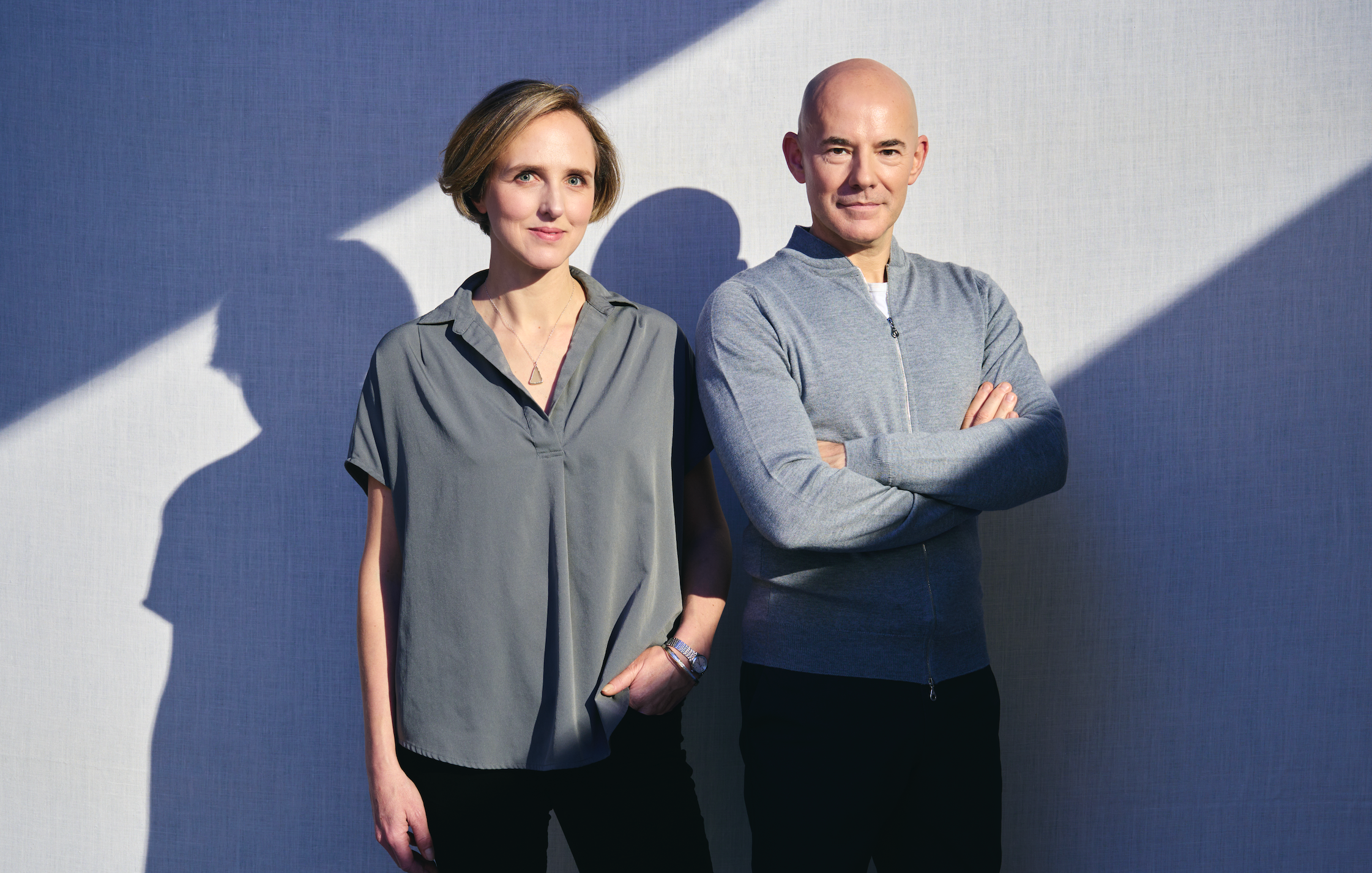RSC directors on the Bard’s legacy: ‘You can’t cancel Shakespeare – his work will outlive us all’
Royal Shakespeare Company’s co-artistic directors Daniel Evans and Tamara Harvey unveiled their inaugural season at the Stratforn-upon-Avon institution

The new joint artistic directors of the Royal Shakespeare Company have said the Bard’s work will “outlive us all” in response to recent calls to cancel Shakespeare.
The RSC’s co-artistic directors Daniel Evans and Tamara Harvey unveiled their debut season at the Stratford-upon-Avon institution on Tuesday 16 January.
Under their leadership, the house playwright remains at the heart of the RSC’s programming, which comprises eight Shakespeare plays, including Twelfth Night, Othello, Hamlet, Pericles and Love’s Labour’s Lost, this season.
Asked how they might approach his more controversial works, such as The Merchant of Venice that was criticised in some quarters for apparent antisemitism, Evans said the “protean nature” of Shakespeare’s plays means there’s always room for reimagination.
“One of the reasons Shakespeare survives is because of his gaps, what he allows us to fill in,” he said, quoting well-known professor of Shakespeare studies Emma Smith. “And what is incredible about his plays is their protean nature so that they’re always able to be reinvented, rewritten, and reimagined.
“I don’t think we’re in any place to say we don’t want to do these plays, because we might have an artist who has a route into them that will absolutely blow them apart.”
In a 2022 op-ed for The Sunday Times, English actor and RSC alum Juliet Stevenson argued that “some Shakespeare plays, where history has overtaken them, should just be buried”, adding that the antisemitism in The Merchant of Venice is inescapable.
Responding to Stevenson’s criticism, Evans said: “The plays will always be there – whether we abandon them or not – they’ve survived for 400 years and they’ll outlive all of us.”
Other highlights from the duo’s inaugural season at the company includeThe Buddha of Suburbia, a theatrical reimagining of Hanif Kureishi’s eponymous novel, a Ukrainian adaptation of the great Shakespearean tragedy King Lear, and Daniel Raggett’s version of Christopher Marlowe’s Edward II, starring the RSC’s co-artistic director, two-time Olivier winner Evans.
Asked how Emma Rice’s adaptation of Kureishi’s 1990 book fits into their vision for the company, Harvey said “everything is on the table” in terms of new writing.
“The key element is that the plays we do need to have big lungs because they’re going to stand shoulder to shoulder with Shakespeare,” she added.
Their other picks for new writing that is “in conversation with our times” includes Kyoto, a fast-paced political thriller about the 1997 Kyoto climate summit from the creators ofThe Jungle, Joe Murphy and Joe Robertson.
American-Iranian playwright Sanaz Toosi’s Pulitzer prize-winning play English will also open at the RSC in May, before it transfers to the Kiln Theatre in June.

The season’s programming comprises Pericles, directed by Harvey and starring Alfred Enoch, Emily Burns’s contemporary take on Love’s Labour’s Lost, with Bridgerton star Luke Thompson cast as a “tech bro” modelled after Elon Musk, and the bard’s suburban comedy The Merry Wives of Windsor, directed by Blanche McIntryre.
Ukraine’s Uzhhorod Theatre Company will stage their adaptation of King Lear, developed in collaboration with refugee communities in western Ukraine at the height of Russia’s invasion and performed without subtitles.
The Northern Ballet’s take on Romeo & Juliet, and award-winning actor John Douglas Thompson will make his RSC debut as Othello in Tim Carroll’s take, also starring Will Keen as Iago and Juliet Rylance as Desdemona.
Olivier award winner Rupert Goold returns to the RSC to direct Luke Thallon in Hamlet, while Prasanna Puwanarajah will adapt Shakespeare’s Christmas comedy Twelfth Night.
“There is always Shakespeare in Stratford,” Evans promised. “Whenever you come to Stratford-upon-Avon, you can always see the house playwright in action.”
Join our commenting forum
Join thought-provoking conversations, follow other Independent readers and see their replies
Comments
Bookmark popover
Removed from bookmarks